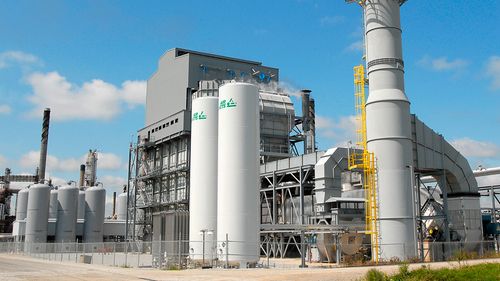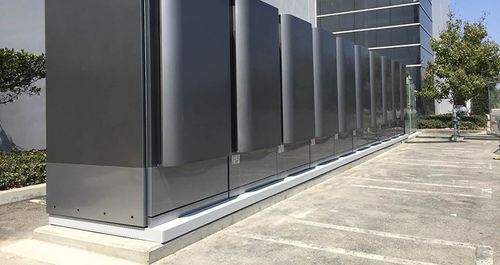Executives from Darling Ingredients said today that the 45Z tax credits for SAF production are expected to boost cash flow and help it manage its debt-to-EBITDA ratio.
Darling is in the process of commissioning the Diamond Green Diesel Port Arthur plant, which is a JV with Valero. The plant will be able to upgrade approximately 50% of its current 470 million gallon annual production capacity to SAF, at a total project cost of $315m.
The firms are working to sell out the supply from the DGD plant under one to three year contracts, executives said on an investor call. Under one deal, the plant will provide neat SAF to Chicago Midway Airport under a contract with Southwest Airlines, according to a recent announcement.
“The SAF market is developing and our book is building,” CEO Randy Stuewe said on the call.
Stuewe added that there is more nuance to the market development, including some delays by EU players who are still getting compliant with continental SAF mandates.
“The supply chain is far more complicated: It’s airport by airport, airline by airline, in-wing supplier by in-wing supplier,” he said. European in-wing suppliers will be mandated to blend in SAF to the jet fuel mix starting next year, but they don’t have to be compliant until the end of 2025, Stuewe noted, noting there was “feet dragging.”
Darling Ingredients is operating at around 4x debt-to-EBITDA, but expects to bring that number down to 2.5x eventually, with help from cash generated from expected 45Z tax credits for SAF production.
“I think the thing that people have to understand and while we’re still waiting for a little bit of IRS clarity here, which we believe is coming, the 45Z allows us to market that credit and generate cash,” he said. “Rather than waiting for the waterfall or the distribution at a DGD, that in itself creates a very fundamental change in how much cash comes into the mothership here and then how the debt ratio from now on gets calculated.”
Executives reiterated the need for renewable diesel operators to run on waste fats as a feedstock to be profitable, and noted that the pricing picture for renewable diesel should improve heading into 2025.
For one, the company expects significantly less imports of biofuel in 2025, since those imports won’t be eligible for a production tax credit, making them less competitive. Those biofuel imports had a bigger impact on waste fat prices in North America than waste fat imports themselves due to the fat-volume equivalent of biofuels.








